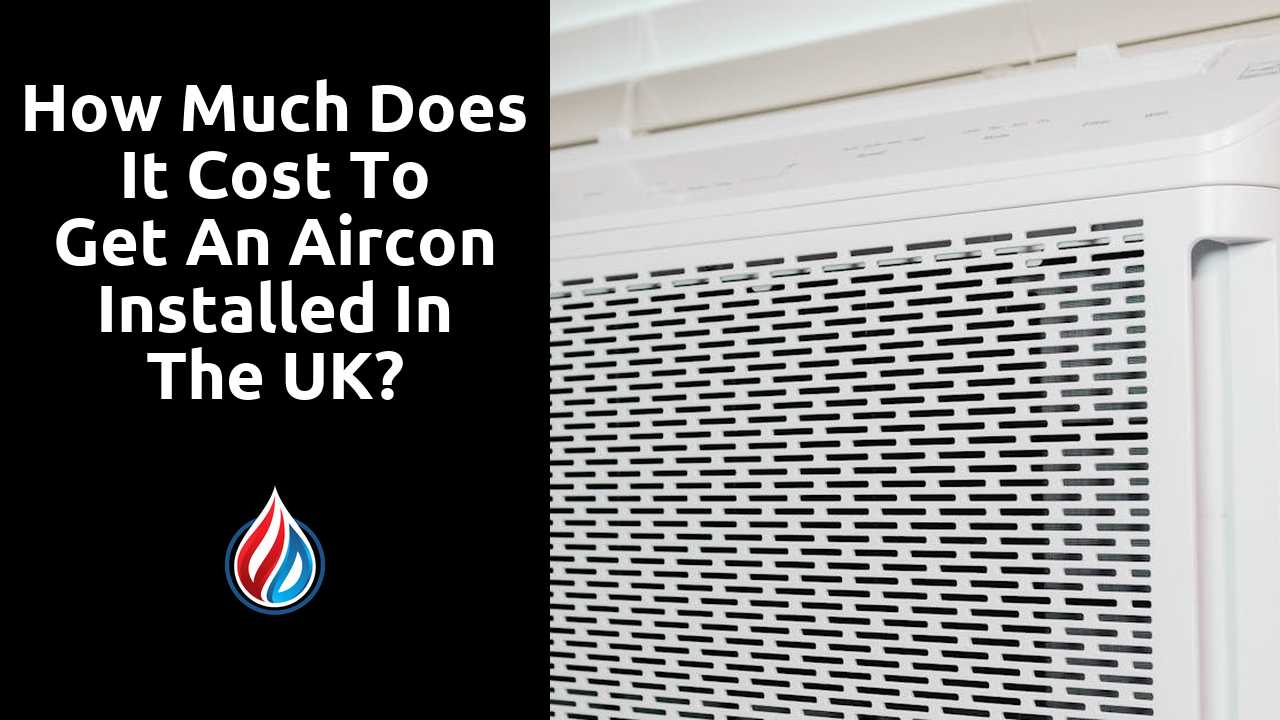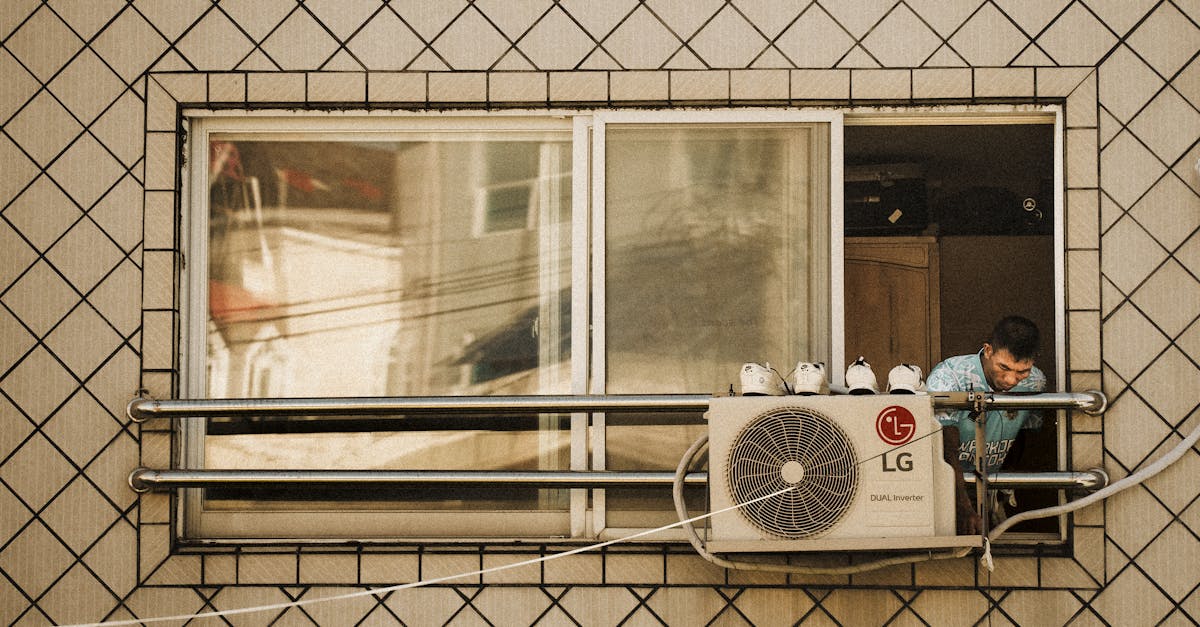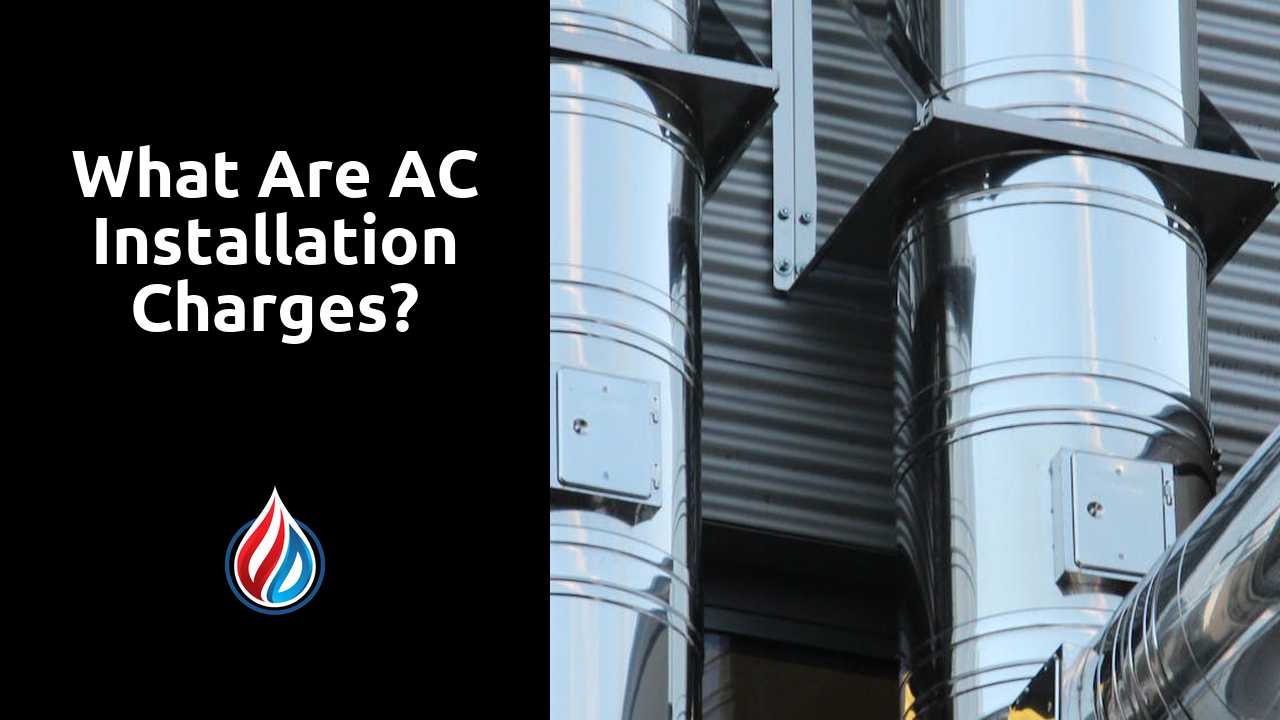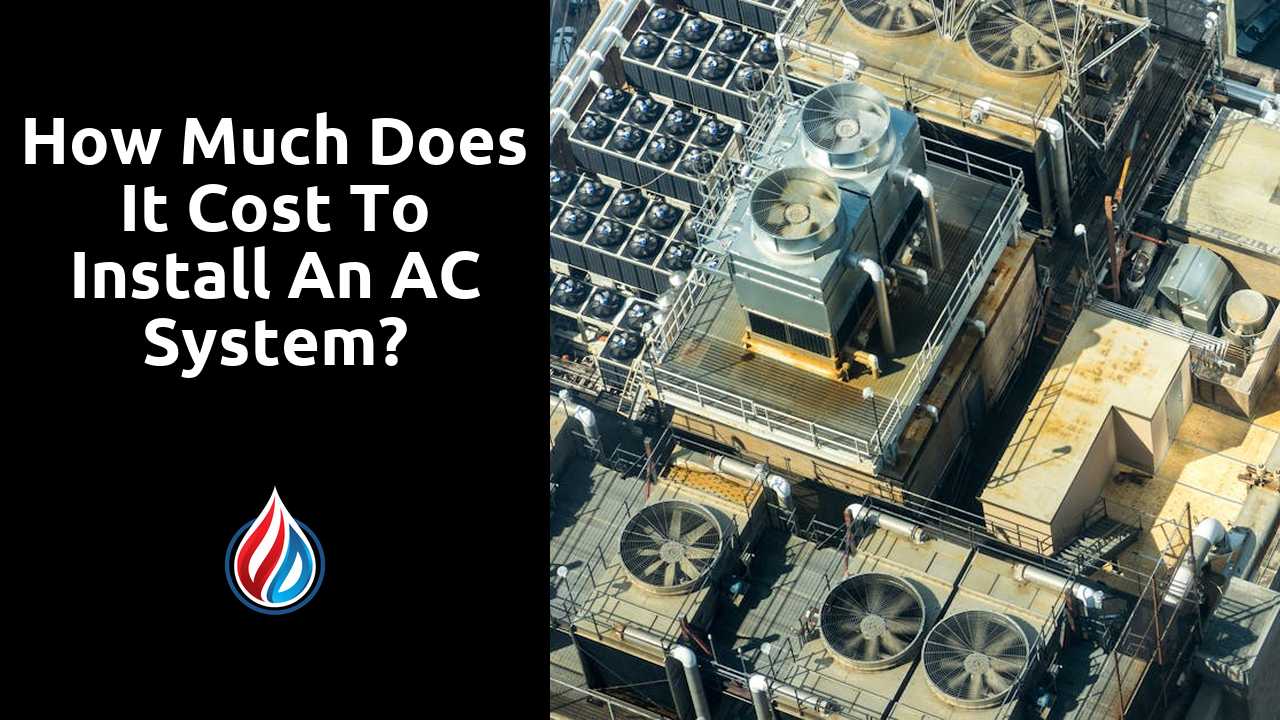
Table Of Contents
Comparing Professional Installation vs DIY
When considering air conditioning system installation, homeowners often weigh the benefits of professional installation against the allure of DIY projects. Professional installation typically guarantees compliance with safety regulations and standards. Qualified installers possess the necessary skills and experience, reducing the risk of operational issues and ensuring efficient performance. Additionally, professional services usually come with warranties that provide peace of mind for years to come.
On the other hand, DIY installation can be appealing due to potential cost savings. For those with adequate technical skills, taking on the project themselves can significantly reduce labour costs. Access to online tutorials and guides makes it easier to gather the required knowledge. However, inexperienced hands can lead to complications, which may ultimately result in higher repair costs and the need for professional intervention later on, particularly when it comes to air conditioning system installation and repair.
Pros and Cons of Each Method
When considering the installation of an air conditioning system, the choice between professional installation and DIY can significantly impact the overall experience. Professional installers bring expertise and ensure compliance with safety regulations, which can be crucial for efficiency and longevity of the unit. Their knowledge often leads to a more streamlined installation process, minimising potential issues that could arise from improper setup. However, this convenience comes with a higher upfront cost, which may not be feasible for everyone.
On the other hand, tackling the installation as a DIY project can yield immediate savings, as it eliminates labour costs associated with professional services. Many homeowners find this approach appealing, especially if they possess basic technical skills and the right tools. Despite the potential savings, the risks of incorrect installation can lead to long-term problems. Poorly installed units might require future Air Conditioning System Installation and Repair, negating any initial financial benefits. Each method has distinct advantages and disadvantages that should be weighed carefully based on individual circumstances.
Potential Savings from Energy-Efficient Models
Investing in energy-efficient air conditioning models can lead to significant financial benefits over time. These systems are designed to use less energy while maintaining optimal performance. This efficiency translates into lower energy bills, as they consume less electricity compared to their traditional counterparts. Additionally, many energy-efficient models are eligible for government incentives or rebates, which can further offset upfront installation costs.
When considering an Air Conditioning System Installation and Repair, homeowners should evaluate the long-term savings associated with energy-efficient options. Although the initial cost may be higher, the reduction in energy expenses can lead to substantial savings over the lifespan of the unit. Furthermore, these models often come with better warranties and require less frequent maintenance, adding to their overall cost-effectiveness.
Long-Term Financial Benefits
Investing in an energy-efficient air conditioning system reflects a commitment to long-term savings. Initial costs may be higher, but the advanced technology found in these systems often leads to reduced energy consumption, significantly lowering utility bills over time. Many high-efficiency models are designed to operate quietly and effectively, translating to reliable performance during peak usage periods.
In addition to savings on energy bills, a well-installed air conditioning system can enhance the overall comfort of a home, potentially increasing its market value. Homebuyers often view efficient air conditioning as a desirable feature, providing a competitive edge if the property is ever sold. Regular Air Conditioning System Installation and Repair can also prolong the life of the system, minimizing the likelihood of costly breakdowns and replacements.
Seasonal Considerations for Air Conditioning Installation
When considering the timing for air conditioning system installation, seasonal factors play a crucial role in ensuring optimal performance and cost-effectiveness. The best time to install these systems is often during the cooler months, such as late autumn or early spring. This period typically sees less demand for HVAC services, allowing homeowners to benefit from potentially lower labour costs and greater availability of professionals. Moreover, installing during these times helps to avoid the rushed schedules often seen in the summer months, ensuring that the system is in place well before warm weather arrives.
Additionally, seasonal considerations can influence the types of systems chosen for installation. Many brands release their latest models in spring, offering more energy-efficient options that can lead to long-term savings. Homeowners could also consider scheduling maintenance for existing units during these off-peak seasons, creating an opportunity to address any necessary air conditioning system installation and repair needs before they coincide with peak usage. Preparing in advance allows for thorough assessments and modifications, promoting efficient operation when the air conditioning is most needed.
Best Time to Install
The optimal time for air conditioning system installation typically falls during the spring and autumn months. These seasons provide moderate temperatures and allow for a more efficient installation process. Demand for installation services often decreases outside the peak summer demand, making it easier to schedule a convenient time with professionals. Additionally, installing air conditioning in these off-peak periods can lead to reduced costs and potentially better rates on services.
Planning ahead for the installation of an air conditioning system can also mitigate the stress associated with sweltering summer days. Homeowners who act before the heat sets in can ensure their systems are fully operational when needed. Investing in professional air conditioning system installation and repair during these cooler months ensures that the unit operates effectively when required, enhancing comfort and efficiency throughout the hotter months.
FAQS
What is the average cost of air conditioning installation in the UK?
The average cost of air conditioning installation in the UK typically ranges from £1,500 to £3,000, depending on the type of system and complexity of the installation.
Are there additional costs associated with air conditioning installation?
Yes, additional costs may include permits, electrical work, ductwork (if required), and ongoing maintenance, which can add several hundred pounds to the overall cost.
Is it cheaper to install an air conditioner myself rather than hiring a professional?
While DIY installation may save you on labour costs, it can lead to expensive mistakes if not done correctly. Professional installation often includes warranties and guarantees, which can provide peace of mind.
How can energy-efficient models save me money in the long run?
Energy-efficient air conditioning units consume less electricity, leading to lower energy bills over time. Additionally, some models may qualify for government rebates or incentives, further offsetting initial costs.
What is the best time of year to install an air conditioning unit in the UK?
The best time to install an air conditioning unit is typically during the spring or autumn months. This timing allows for better scheduling with contractors and often results in lower prices compared to peak summer demand.


